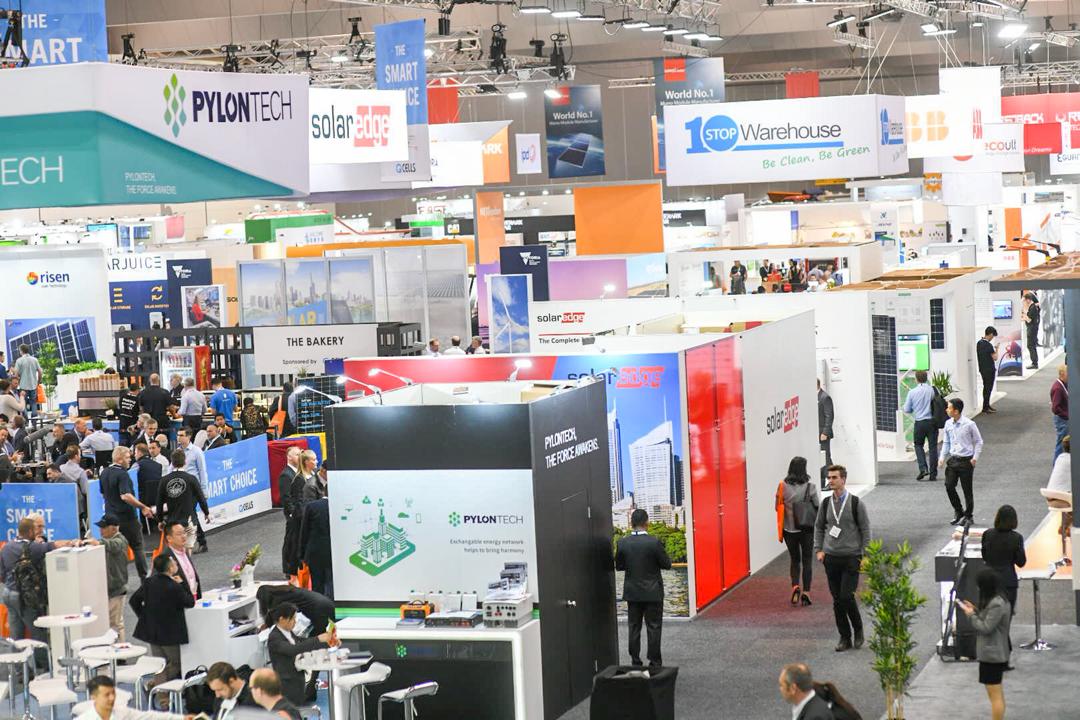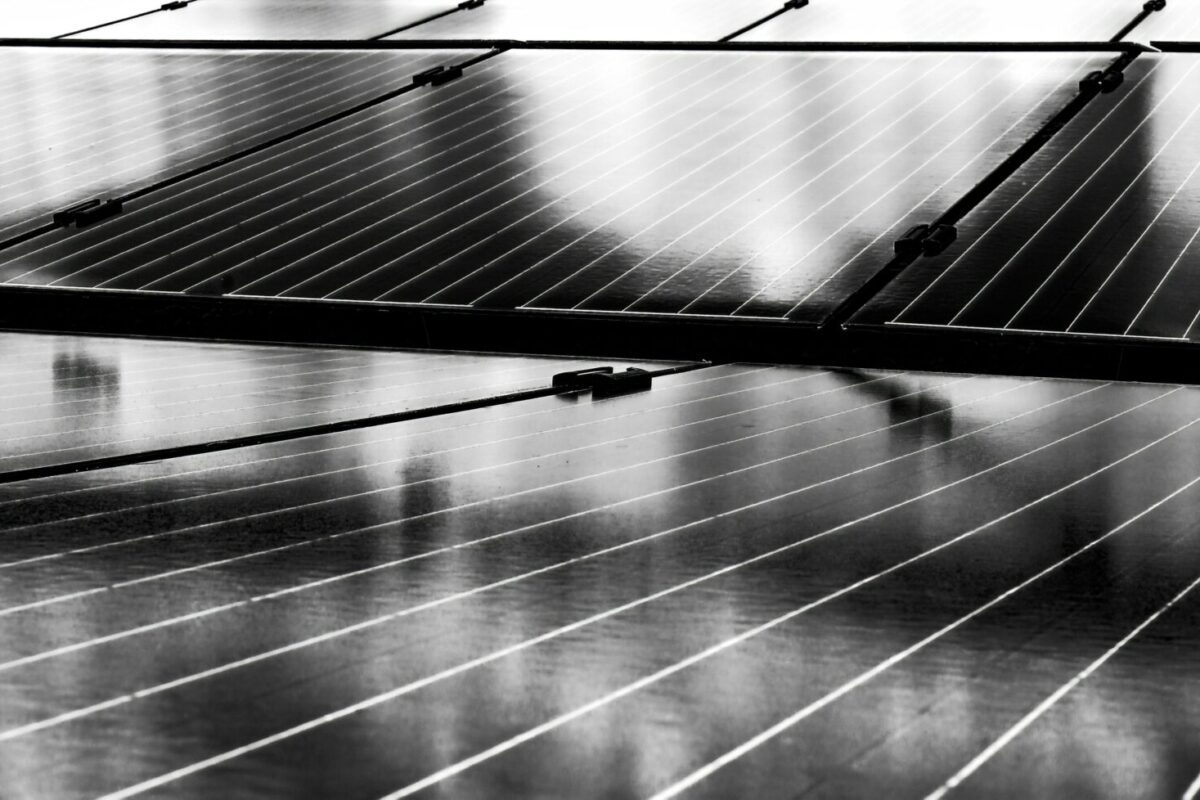Addressing the 2018 All Energy opening plenary, Victorian Energy Minister Lily D’Ambrosio said she was not sure if anyone would appear for a session scheduled to kick off at 8:00 AM, drawing chuckles from the crowd.
D’Ambrosio used the event to launch the state's Battery Assurance Program, and announced fundings for microgird and EV charging projects.
The Battery Assurance Program is a new quality assurance program developed by the Clean Energy Council (CEC) aimed at providing consumers with independent information on the safety of residential battery products.
CEC Chief Executive Kane Thornton said the new program confirms which home battery products have been tested against the industry’s best practice guidelines.
“Simply put, products that qualify for the Clean Energy Council’s Battery Assurance Program meet the standard we should all expect for a major appliance we are installing in our homes. The products have been independently tested to confirm they are up to the necessary electrical safety and quality standards,” Thornton said.
So far, the first companies to show their products meet the standards and qualify for the new program include: LG Chem, Sonnen, Tesla and Varta.
“Energy storage technology has the potential to completely revolutionize the way we use and think about energy. This program is part of a huge suite of initiatives, by the industry for the industry, to ensure the continued confidence of consumers long into the future,” Thornton said.
The industry best practice guide which underpins the assurance program was developed by a collection of groups including the Clean Energy Council, the Australian Industry Group, the Consumer Electronics Suppliers Association, CSIRO and the Smart Energy Council, in collaboration with state electrical safety regulators.
E-mobility
In addition to elaborating on Victoria’s clean energy transition power by initiatives such as the government’s Solar Homes rooftop solar rebate program, D’Ambrossio continued her presentation announcing a one million dollar funding for Australian business Chargefox, aimed at developing Australia’s fastest electric vehicle charging stations in regional Victoria.
“Electric vehicles are the future, and we’re ensuring Victoria is at the forefront of this transition,” D’Ambrossio said.
Euroa and Barnawartha North have been chosen as Australia’s first ultra-rapid vehicle charging sites, both of which will feature multiple charging stations powered by Chargefox EV charge management software platform.
The charging stations will dramatically reduce charging time for drivers, with up to 400km of range delivered in 15 minutes, the fastest of any charger currently deployed in Australia.
Following on the Victorian government's earlier microgrid investment announcements, including the $10 million Microgrid Demonstration Initiative towards eight microgrid, D’Ambrossio went on to announce Birchip Cropping Group (BCG) would receive $210,000 to develop a solar PV+battery microgrid.
With the help of the microgrid, the agricultural research and extension organization led by farmers in the Victorian Wimmera and Mallee will be able to lower their energy costs and improve energy reliability.
The $319,000 project, which has the potential to be used as a model for other farms and businesses across Victoria, will be delivered by NSW-based clean-tech IoT startup SwitchDin in partnership with BCG and Australian C&I containerized battery supplier Walnut Energy Systems.
New ARENA CEO
Australian Renewable Energy Agency (ARENA) CEO Darren Miller took the floor to announce a major new initiative that will see the whole-of-the-energy industry working together to harness the potential of consumer-owned energy – the Distributing Energy Integration Program (DEIP).
The Distributed Energy Resources (DER) are the vast array of decentralized, consumer-owned small scale energy technologies that sit “behind the meter” in homes and businesses including rooftop solar, home batteries, smart appliances, smart thermostats or pool pumps and charging points for electric vehicles.
This content is protected by copyright and may not be reused. If you want to cooperate with us and would like to reuse some of our content, please contact: editors@pv-magazine.com.




By submitting this form you agree to pv magazine using your data for the purposes of publishing your comment.
Your personal data will only be disclosed or otherwise transmitted to third parties for the purposes of spam filtering or if this is necessary for technical maintenance of the website. Any other transfer to third parties will not take place unless this is justified on the basis of applicable data protection regulations or if pv magazine is legally obliged to do so.
You may revoke this consent at any time with effect for the future, in which case your personal data will be deleted immediately. Otherwise, your data will be deleted if pv magazine has processed your request or the purpose of data storage is fulfilled.
Further information on data privacy can be found in our Data Protection Policy.